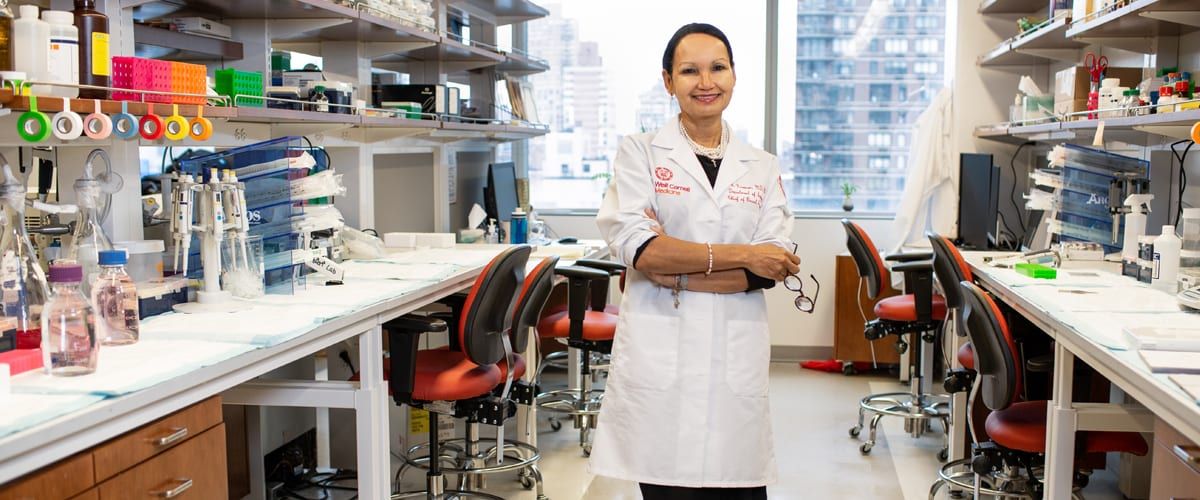I was extremely fortunate to have been raised in a family of hardworking and highly principled individuals, but there were no physicians in the family, and so General Hospital was my first exposure to medicine. In a country that is characterized by the strength of diversity, an unfortunate reality is that minorities such as African-Americans and Latino Americans are underrepresented in medicine; inspiration to pursue a career in healthcare can originate from unique sources.
My parents always encouraged commitment to community as well as family, and I couldn’t imagine a profession more gratifying than one where each day brings an opportunity to help others. My mom and dad lived the Harlem version of the American dream. My older sister, younger brother, and I have always loved hearing our parents recount stories of how their work ethic and family values were rewarded by success after starting with very few resources. My maternal grandfather died at a young age because he could not afford treatment for pneumonia, leaving his wife to raise three daughters on her own. My paternal grandparents both immigrated as teenagers to New York City through Ellis Island from the tiny Caribbean island of Dominica, and they met in Harlem through a Dominican civic association.
My dad was the youngest of the five; he was rather rambunctious and ended up dropping out of school. But then he met my mom — an incredibly strong, gorgeous woman who recognized something special in this young man and provided exactly the kind of guidance that he needed. My father obtained his GED while serving in the Marine Corps and was then able to go to college on the GI Bill. He went on to attend Brooklyn Law School, supported by my mother’s work as a secretary.
As my father’s law practice became more successful, we left New York City, and I went to public school on Long Island. At some point, I became determined to attend Harvard University. I was extremely studious but remained active with a variety of extracurricular activities such as volunteer work and cheerleading. My four years at Harvard were absolutely phenomenal, and my soap opera-inspired interest in medicine never wavered. This career goal was amplified by my experiences with volunteer work at Massachusetts General Hospital. After graduation, I returned to New York to attend medical school at the State University of New York Downstate Medical Center in Brooklyn.
I discovered my love for surgery in medical school. I enjoyed all of my clinical rotations, including pediatrics, internal medicine, and obstetrics-gynecology, but once I set foot in the operating room, I could not consider any other career path. To identify a problem and then be able to fix it surgically is exhilarating and tremendously gratifying, as is the close relationship that develops between the surgeon and patient, as well as that patient’s family and support system.
The intensity of these relationships is heightened in the field of oncology. The sense of responsibility that accompanies caring for patients when they are dealing with a new cancer diagnosis is especially daunting. Fortunately, however, we have made many exciting advances in oncology, and especially in the management of breast cancer. One of the best aspects of my job is that I can tell the majority of my breast cancer patients that with proper treatment, they can expect a terrific outcome.




